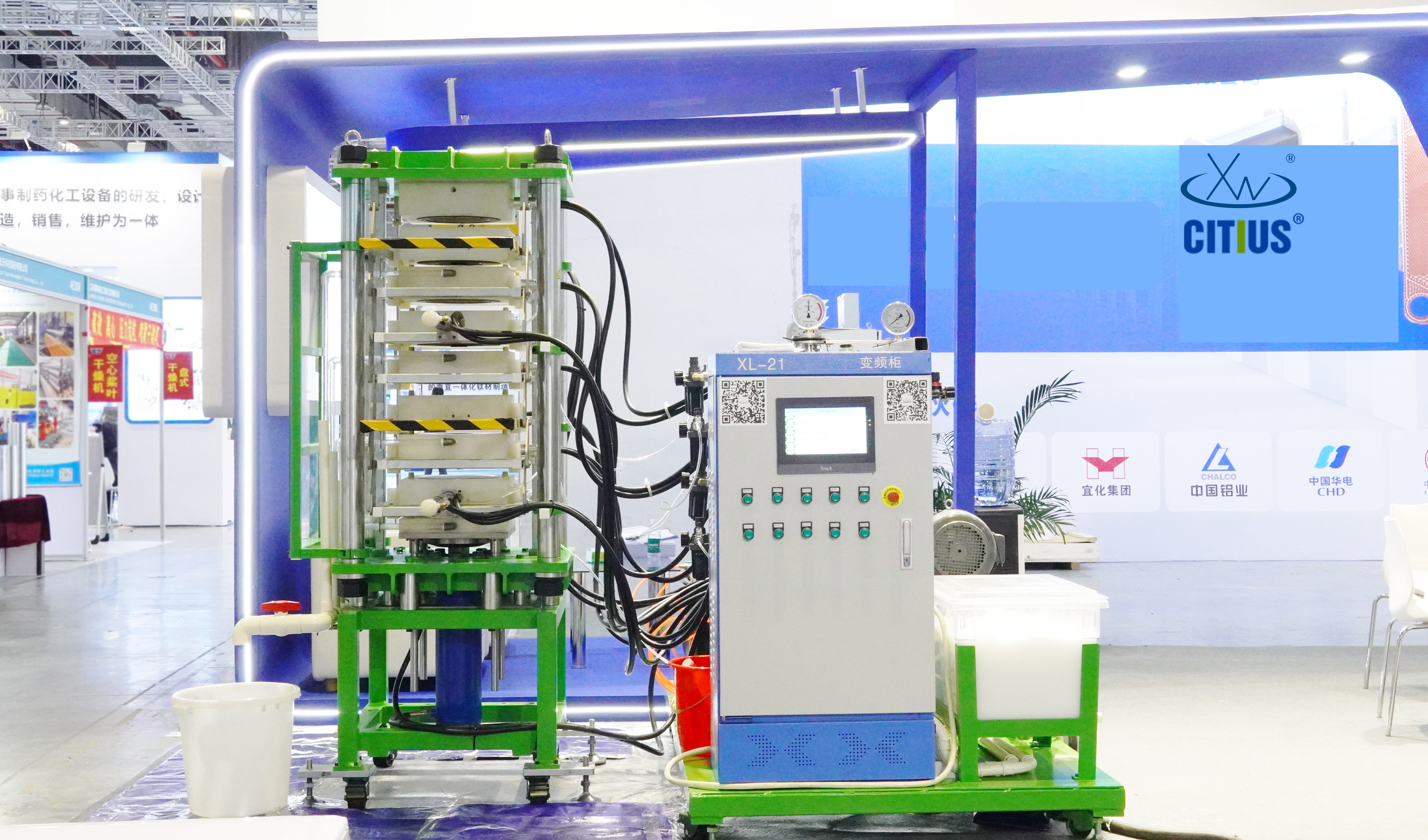Unlocking the Power of Filter Fabrics for Industrial Filtration
Release time:
2025-07-10
The Unsung Heroes of Industrial Filtration
Ever heard the saying, "Out of sight, out of mind?" Well, that couldn't be truer when it comes to filter fabrics for industrial filtration. These unsung heroes work tirelessly behind the scenes, ensuring that our industries run smoothly and efficiently. Whether it’s in food processing, pharmaceuticals, or wastewater management, filter fabrics are the backbone of effective filtration systems. So, let’s dive in and explore the world of these indispensable materials!
What Are Filter Fabrics?
Filter fabrics are specially designed textiles that separate solids from liquids or gases in a variety of industrial processes. Made from materials like polyester, polypropylene, and nylon, these fabrics come in various weaves and thicknesses, tailored to meet specific filtration needs. They’re not just your run-of-the-mill fabrics; they are engineered to handle high temperatures, chemical exposure, and heavy loads, making them perfect for tough industrial environments.
Applications Galore!
So, where exactly are these filter fabrics used? You’d be surprised! Here’s a quick rundown:
- Food and Beverage Industry: From clarifying juices to filtering beer, these fabrics ensure that what we consume is pure and safe.
- Pharmaceuticals: Precision is key! Filter fabrics play a crucial role in the production of medicines by removing unwanted particles and contaminants.
- Water Treatment: Clean water is a must! These fabrics help in the filtration of drinking water and wastewater treatment, making our water supply safe.
- Chemical Processing: In the chemical industry, filter fabrics help separate valuable materials from byproducts, enhancing efficiency.
Key Benefits of Filter Fabrics
Now, you might be wondering, "Why should I care about filter fabrics?" Well, here are a few compelling reasons:
- Efficiency: These fabrics ensure optimal filtration, reducing downtime and maintenance costs.
- Durability: Designed to withstand harsh conditions, filter fabrics last longer than traditional materials.
- Versatility: Available in various styles and thicknesses, they can be customized to fit specific industrial needs.
- Cost-Effectiveness: By improving filtration processes, they help save money in the long run.
Choosing the Right Filter Fabric
Okay, so you’re sold on the benefits. But how do you choose the right filter fabric? It’s not as hard as it sounds! Here are a few tips:
- Know Your Needs: Assess what you’re filtering—solids, liquids, or gases—and choose a fabric accordingly.
- Consider the Environment: Think about temperature, chemical exposure, and mechanical stress.
- Consult with Experts: When in doubt, don’t hesitate to reach out to filtration specialists. They can guide you to the best option.
The Future of Filter Fabrics
With technological advancements, the future of filter fabrics for industrial filtration looks brighter than ever! Innovations like nanofabrication and eco-friendly materials are paving the way for more efficient and sustainable filtration solutions. As industries evolve and face new challenges, filter fabrics will undoubtedly rise to the occasion.
Wrapping It Up
To sum it all up, filter fabrics for industrial filtration may not be the star of the show, but they are certainly the backbone of countless processes. By investing in the right filter fabrics, industries can enhance productivity, reduce costs, and ensure safety. So, the next time you sip on your favorite drink or flush the toilet, spare a thought for those hardworking filter fabrics doing their job quietly and efficiently!
Previous article:

